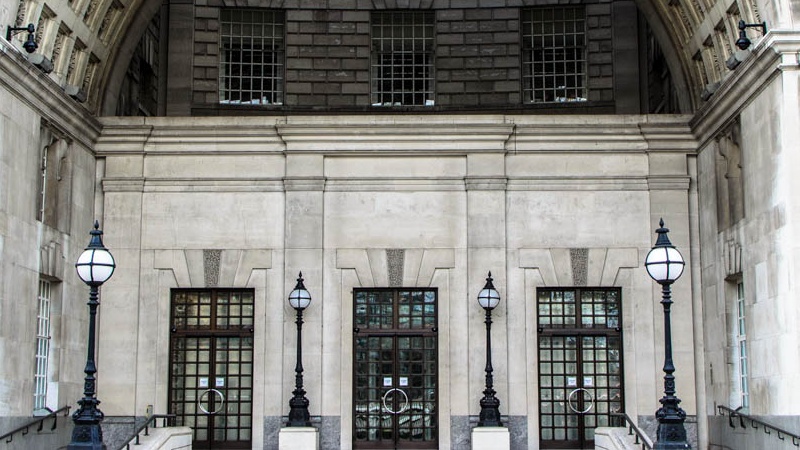Reaction: MI5 to get more powers following damning Russia report
Former spy chief says outdated security laws allow foreign agents to act with impunity

A free daily email with the biggest news stories of the day – and the best features from TheWeek.com
You are now subscribed
Your newsletter sign-up was successful
Boris Johnson is set to give the Security Service (MI5) more powers to combat foreign interference, after the government was accused of “taking its eye off the ball” over Russia.
The allegation was made by the Commons Intelligence and Security Committee (ISC) in a long-awaited report that says Downing Street “directly avoided” an investigation into allegations that agents of President Putin meddled in the Brexit vote.
What are the new powers?
The Week
Escape your echo chamber. Get the facts behind the news, plus analysis from multiple perspectives.

Sign up for The Week's Free Newsletters
From our morning news briefing to a weekly Good News Newsletter, get the best of The Week delivered directly to your inbox.
From our morning news briefing to a weekly Good News Newsletter, get the best of The Week delivered directly to your inbox.
The prime minister is planning new anti-espionage laws that would make the UK a “harder environment for adversaries to operate in”, The Times reports.
The legislation is expected to include the introduction of an official “register of foreign agents” like those used in the US and Australia. Failure to register could result in a prison sentence or deportation, if the foreign spies are sniffed out.
Under the American Foreign Agents Registration Act, anyone working on behalf of foreign governments, officials and political parties must register with the US Department of Justice (DoJ) and file periodic reports about their activities, according to the DoJ website.
The plans to replicate the law in Britain follow warnings from the UK intelligence community (UKIC) that the nation’s counterespionage and counterterrorism legislation is inadequate, reports the Daily Mirror.
A free daily email with the biggest news stories of the day – and the best features from TheWeek.com
Former MI5 chief Andrew Parker told the ISC that foreign agents were currently able to operate with impunity in the UK.
Parker said that “it is not an offence in any sense to be a covert agent of the Russian intelligence services in the UK” and that under the existing legislation, spies could only be prosecuted if they were caught explicitly stealing official secrets.
The Official Secrets Act has become “dusty and largely ineffective”, leaving UK spy agencies “with something which makes it very hard to deal with some of the situations we are talking about today in the realm of the economic sphere, cyber, things that could be more to do with influence”, the cross-party group of MPs heard.
What has prompted the new powers?
The ISC’s long-awaited Russia report, published on Monday, says that Britain’s government and intelligence agencies “actively avoided” investigating or recognising the threat of Russian interference in UK elections.
But No. 10 yesterday rejected fresh calls for an investigation into alleged Kremlin interference in the 2016 Brexit vote, saying that there was “no evidence of successful interference in the EU referendum”.
However, the ISC points out that no effort has been made to find such evidence.
“This situation is in stark contrast to the US handling of allegations of Russian interference in the 2016 presidential election, where an intelligence community assessment was produced within two months of the vote, with an unclassified summary being made public,” says the report.
The review concludes that the UK has become a “laundromat” for dirty Russian money, with Putin-linked elites able to act with “impunity”, according to the Daily Mail.